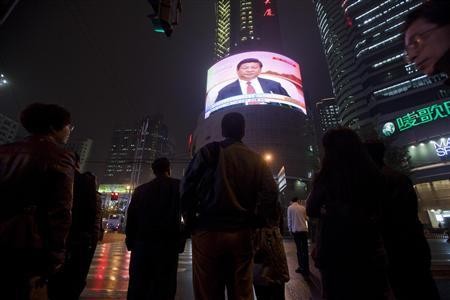A Western analyst based in Beijing spoke of the "demands of hypersensitive and paranoid censors" in the wake of a Dec. 2014 announcement from China's State Administration of Press, Publication, Radio, Film, and Television (SAPPRFT).
The state body declared that content streamed over the Internet must face the same stringent reviews that other media types are subject to.
The news emerged only a month after Chinese technology corporation Tencent Holdings secured a deal with the globally popular U.S. cable network HBO to stream its shows.
The capital city-based analyst is Jeremy Goldkorn, who is the director of the Danwei research firm. The tone of Goldkorn's comments in the Fortune publication was fairly evident to readers, as he appeared as frustrated as the scores of Chinese Web users who have become dedicated fans of successful Western programs like "The Big Bang Theory."
"The Big Bang Theory" was pulled from Chinese screens in the first half of last year, when Beijing instructed Web portal Sohu.com to ban access to a total of four American shows. The process continues in January of this year, with "Agent Carter" and "Empire" among a number of U.S. television series that ceased to be available to Chinese viewers.
Goldkorn expressed a sense of astonishment at actions that have affected "content that is not even intended for Chinese audiences," and forecast a "tough" future for overseas productions.
According to media reports in 2014, the Chinese government implemented a quota that limits foreign television content to under 30 percent. Reportedly, Beijing's foremost concern is media "that might challenge the authority of the ruling Communist Party."
Since April 1, 2014, a streaming license must be obtained by foreign producers on a show-by-show basis if they wish to have their content broadcast within China's borders.



























